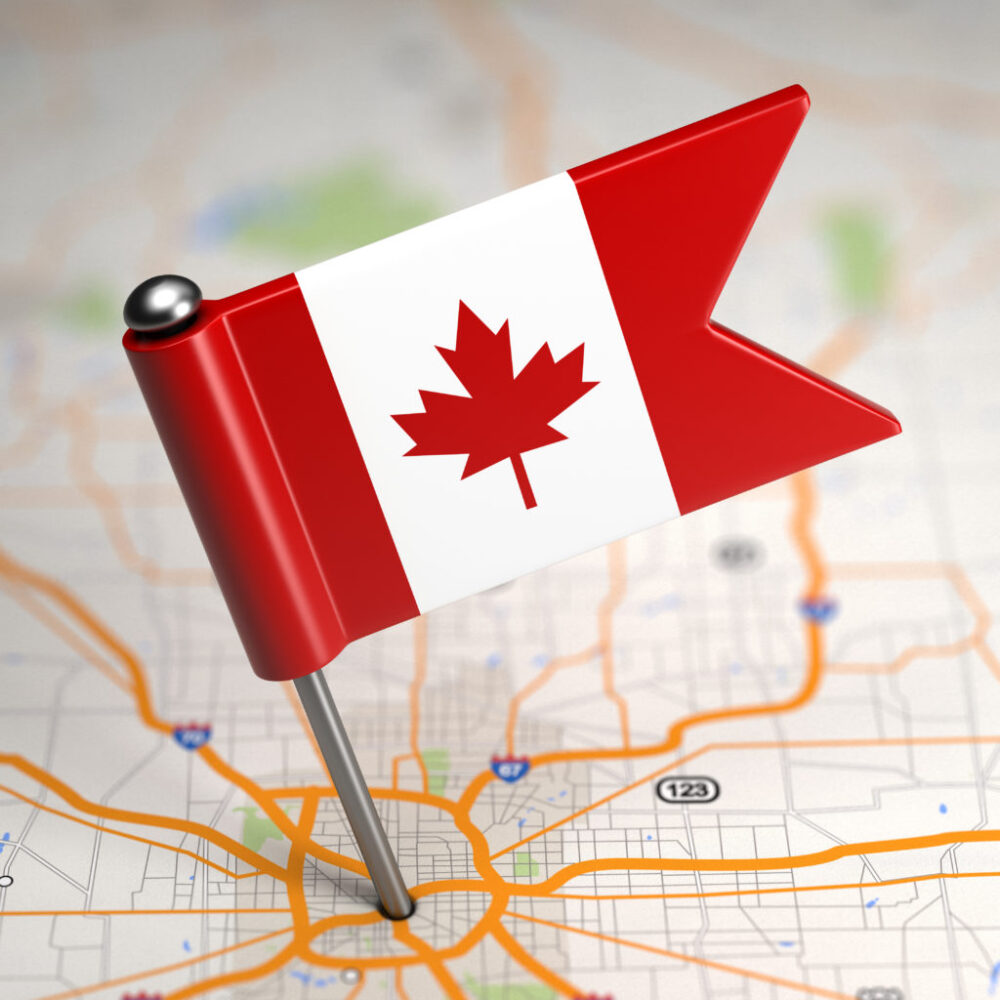
Welcome to our blog post on traveling to Canada in 2024! In this era, tech plays a crucial role in enhancing your travel experience. Whether you’re exploring the vibrant cities or the stunning natural landscapes, having the right tech know-how can make your journey smoother. We’re here to guide you through essential tech tips that ensure your Canadian adventure is as seamless as it is memorable. Let’s dive into these tips and get you ready for an unforgettable trip.
1. Check Your Mobile Carrier
Before you pack your bags for Canada, check your mobile carrier’s international coverage. You don’t want to land and find out you can’t make calls or use data! Start by visiting your carrier’s website or contacting customer service to check if they offer coverage in Canada. Be aware of the costs – international roaming can be expensive. As an alternative, consider buying a local SIM card upon arrival for cheaper rates, or use services like Google Fi, which offers flat-rate data in multiple countries, including Canada. Staying connected is key, so sort this out well in advance.
2. Download Useful Travel Apps

Travel apps are your best friends on the road. They make navigating unfamiliar places easier and provide valuable local insights. Key apps include Google Maps or Apple Maps for navigation, and apps like Duolingo for language assistance, especially in Quebec where French is widely spoken. For local information, TripAdvisor and Yelp are great for restaurant and activity recommendations. Remember to download these apps for both iOS and Android devices before your trip. This preparation will save you time and data, ensuring a hassle-free exploration of Canada’s diverse offerings.
3. Use a VPN for Security
Using a VPN (Virtual Private Network) is essential for protecting your online data and privacy while traveling. Public Wi-Fi networks, which you might frequently use, are often unsecured, making your personal information vulnerable. A VPN encrypts your internet connection, keeping your online activities private. The best VPN in Canada list includes services like NordVPN or ExpressVPN. Setting them up is simple – download the app, sign up, and connect to a server. A VPN not only secures your data but can also help in accessing content from back home that may be geo-restricted in Canada.
4. Stay Powered Up

Your devices are your lifeline while traveling, so keeping them powered is crucial. Invest in a good-quality portable charger or power bank, ensuring it’s charged and ready before you head out each day. Canada uses Type A and B power sockets, so bring appropriate adapters for your devices. Moreover, many public places, including airports, cafes, and malls, offer charging stations. However, don’t rely solely on these. Having your power backup means you’re always ready to capture moments, navigate routes, or make important calls.
5. Be Mindful of Roaming Charges
Data roaming charges can be a nasty surprise on your phone bill. To avoid this, turn off data roaming in your device settings and use Wi-Fi wherever possible. Canada has an extensive network of free Wi-Fi, available in public spaces, hotels, and cafes. If you need to use data, monitor your usage or buy a local prepaid data plan, which is often more affordable. Being mindful of your data use will save you from hefty charges and let you enjoy your trip without financial worries.








